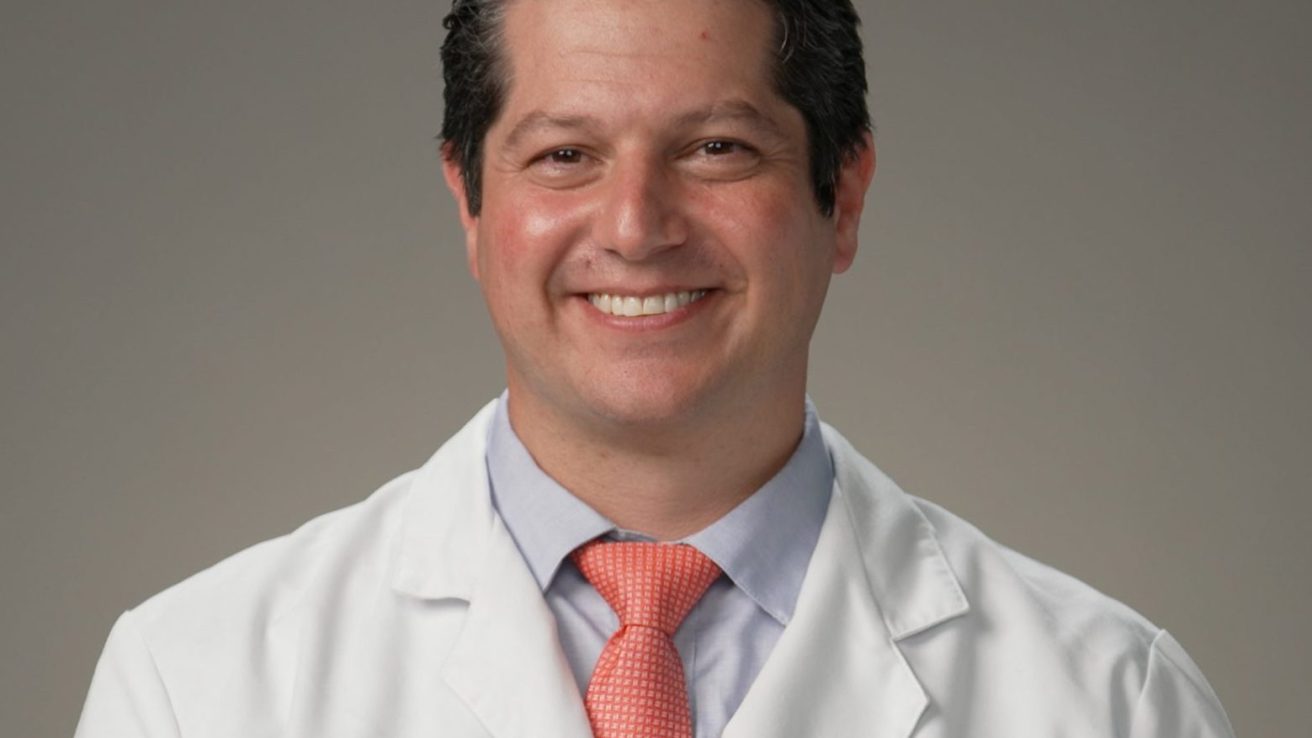In this MD Newsline exclusive interview with health education and wellness physician Dr. Ilan Shapiro, we discuss how to provide culturally sensitive care and overcome language barriers.
MD Newsline:
Can you tell us a bit about your work overseeing the deployment of culturally sensitive care?
Dr. Ilan Shapiro:
“Understanding the language of another country is the first door to opportunities in that country. But, what if on the other side of that door, you don’t have enough food, water, or shelter? That’s where culturally sensitive care comes in to play.
As providers, we may speak and understand the Spanish language, but if we don’t understand the sociocultural and familial elements that are unique to Latino communities in the U.S., we will struggle in providing culturally sensitive care. For example, we might not understand why grandma is taking care of the kids, why some family members are working more than others, why Mother’s Day is so important, etc.
So I tell my healthcare colleagues, you do not need to speak Spanish to provide culturally sensitive care to the Latino community. You just need to have an open heart and open arms to understand what’s happening in the lives of your Latino patients.”
MD Newsline:
How does the practice of culturally sensitive care improve treatment adherence?
Dr. Ilan Shapiro:
“I believe treatment adherence depends on patients understanding their care and actively participating in it. But, in many cultures, it is rude to ask doctors questions because they are so educated and are seen as special.
It’s important for us as healthcare providers to understand that we are servants. We are waiters to our communities. We need to be open to addressing any questions our patients might have. Most importantly, we need to offer a “menu” of appropriate treatment options to our patients, based on their needs and concerns, and allow them to choose what’s best for them. We need to empower them to ask questions and to understand all of their possible treatment options.”
MD Newsline:
How do you recommend physicians deal with language barriers so that they don’t impede their ability to deliver quality care?
Dr. Ilan Shapiro:
“The best way to overcome language barriers in your patient care is to use an interpreter device or an in-person interpreter. If you see the interpreter as a barrier or a delay, the only person that loses is your patient. That’s why it’s so important to meet your patient’s language needs so that you can give them the quality care that they and their medical needs require.”
Responses have been condensed and lightly edited.







